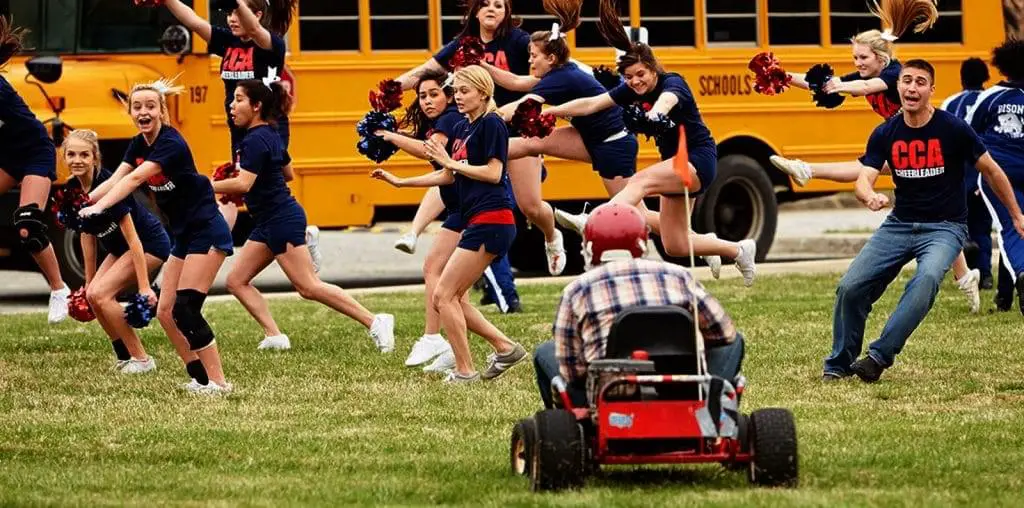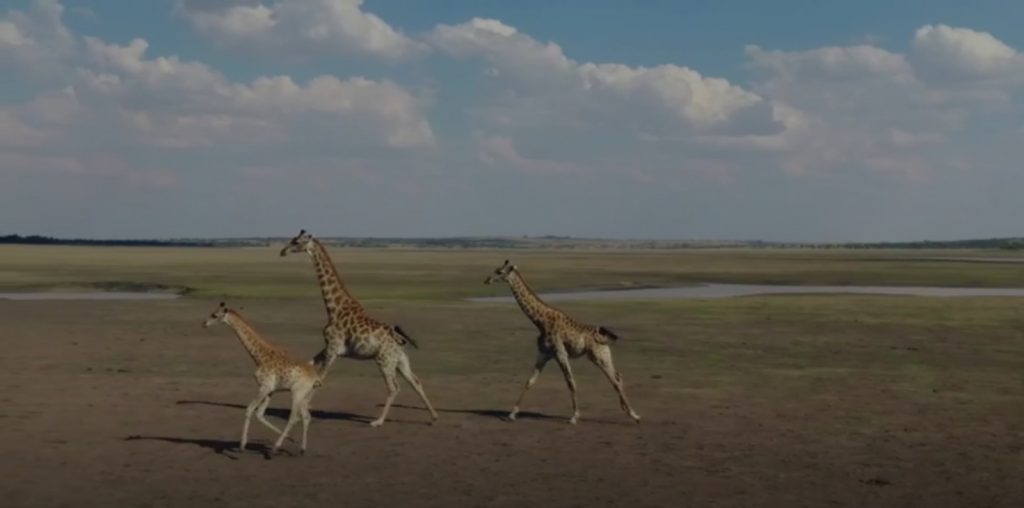
First-time director Dakin Henderson is the latest filmmaker to make his family and his personal struggles the subject of a feature-length documentary. In this case, the film ponders issues related to the quality of life by focusing on Henderson’s octogenarian grandmothers: Grandma Deedee, an active and vibrant force of energy that gives speeches before nursing conferences on geriatric care issues, and Grandma Polly, who is in an advanced stage of dementia and is robbed of the ability to speak and move freely.
Polly’s decline was a painful experience for the family, and Henderson’s father notes how she “died every day a little bit for 10 years” before she eventually passed away. Deedee, who experiences a health scare in the course of the film, uses her remaining time to ensure that do-not-resuscitate legal paperwork is in place. (The two grandmothers lived in the same seniors’ complex, but the film gives no hint on whether they were friendly prior to Polly’s failing health.)
Running concurrent to this is the twentysomething Henderson’s brush with death – he collapsed and stopped breathing for two minutes during a Frisbee game, but subsequent medical exams failed to determine what occurred and he came away from the incident with no evidence of physical damage.
While the film considers weighty subjects, Henderson’s filmmaking is too slapdash to make an impact. Instead of a serious portrait on the fragility of life, the production comes across as a too-ambitious home movie, with Henderson giving himself much more attention than he truly deserves.

